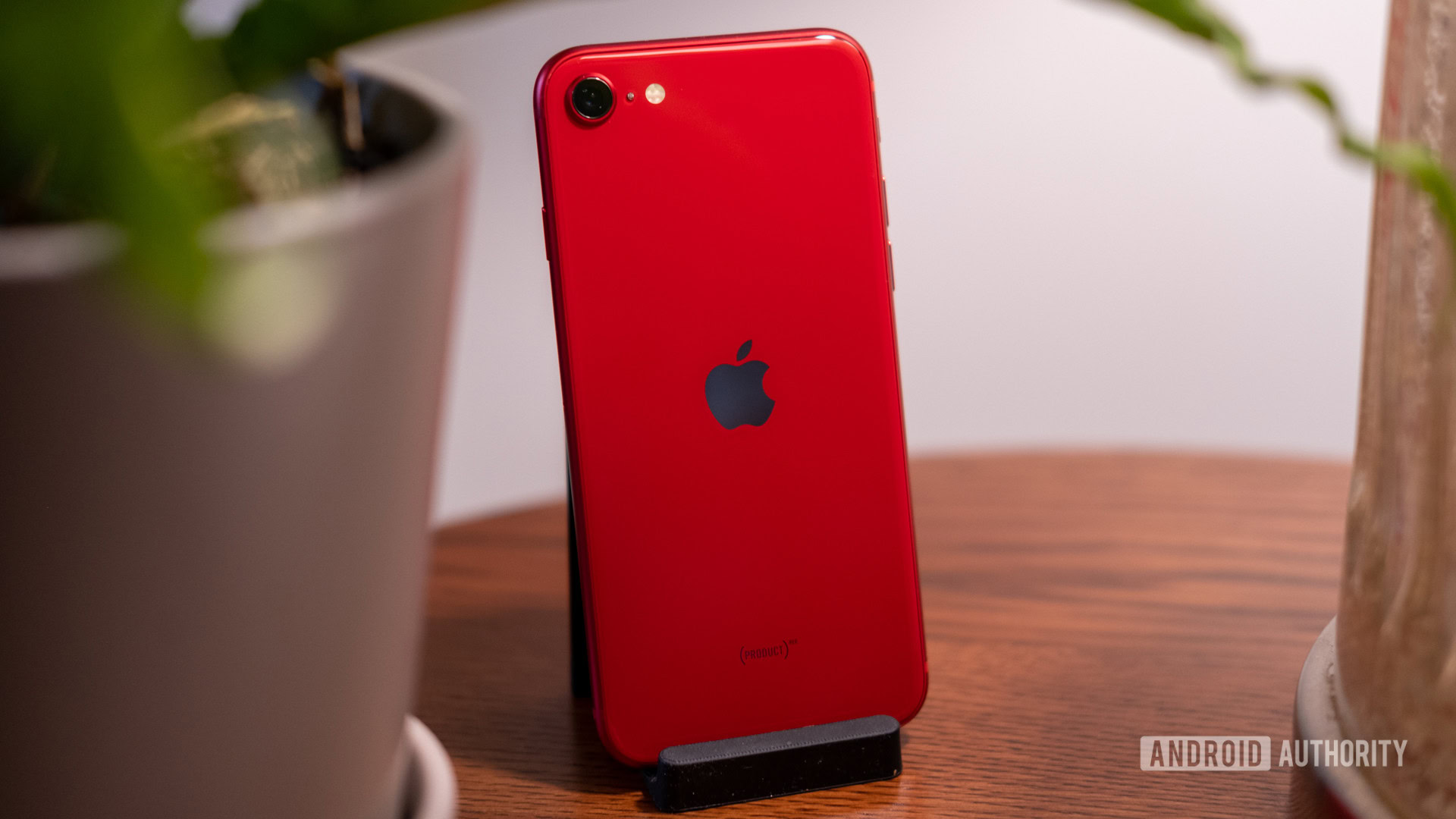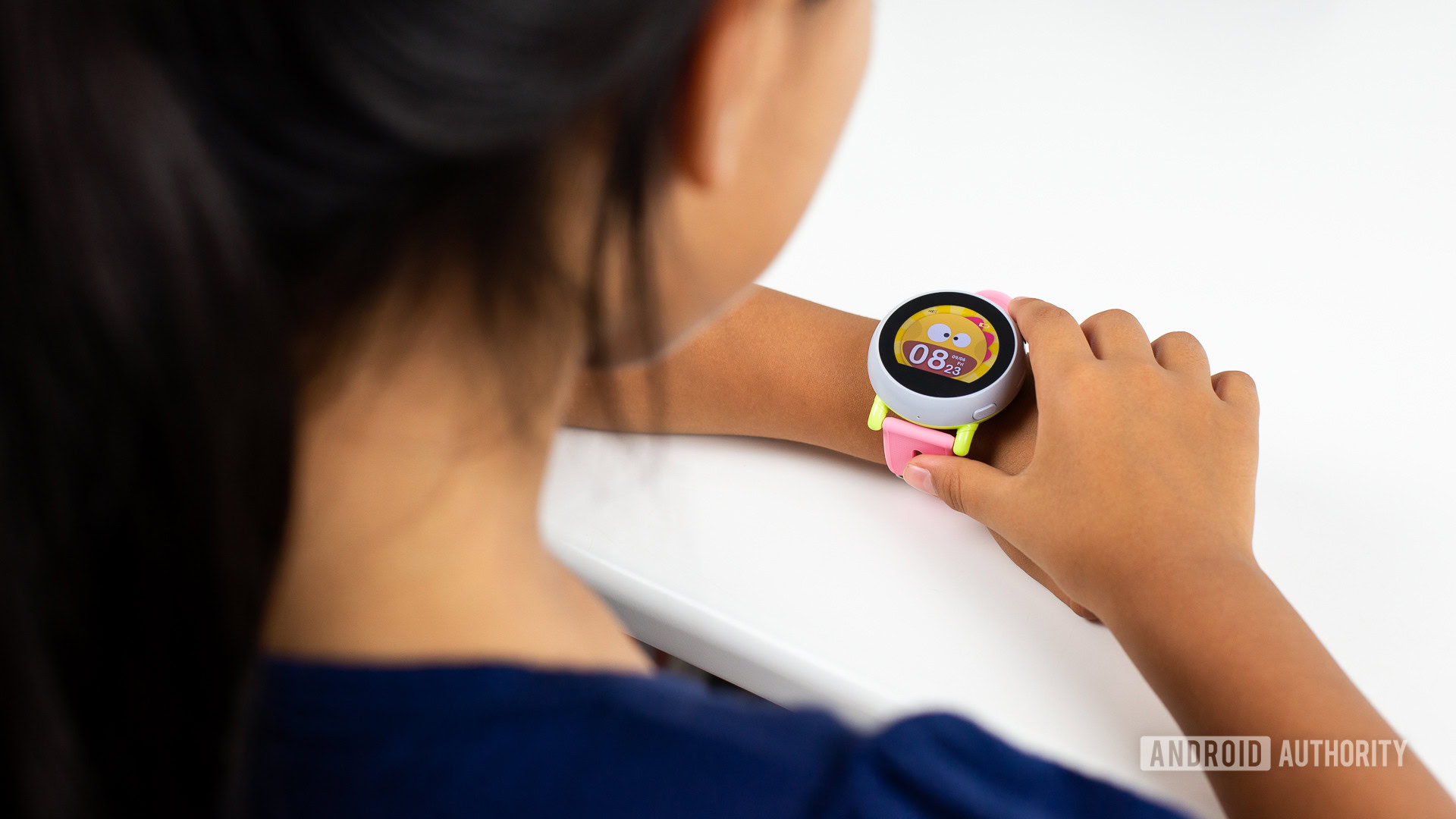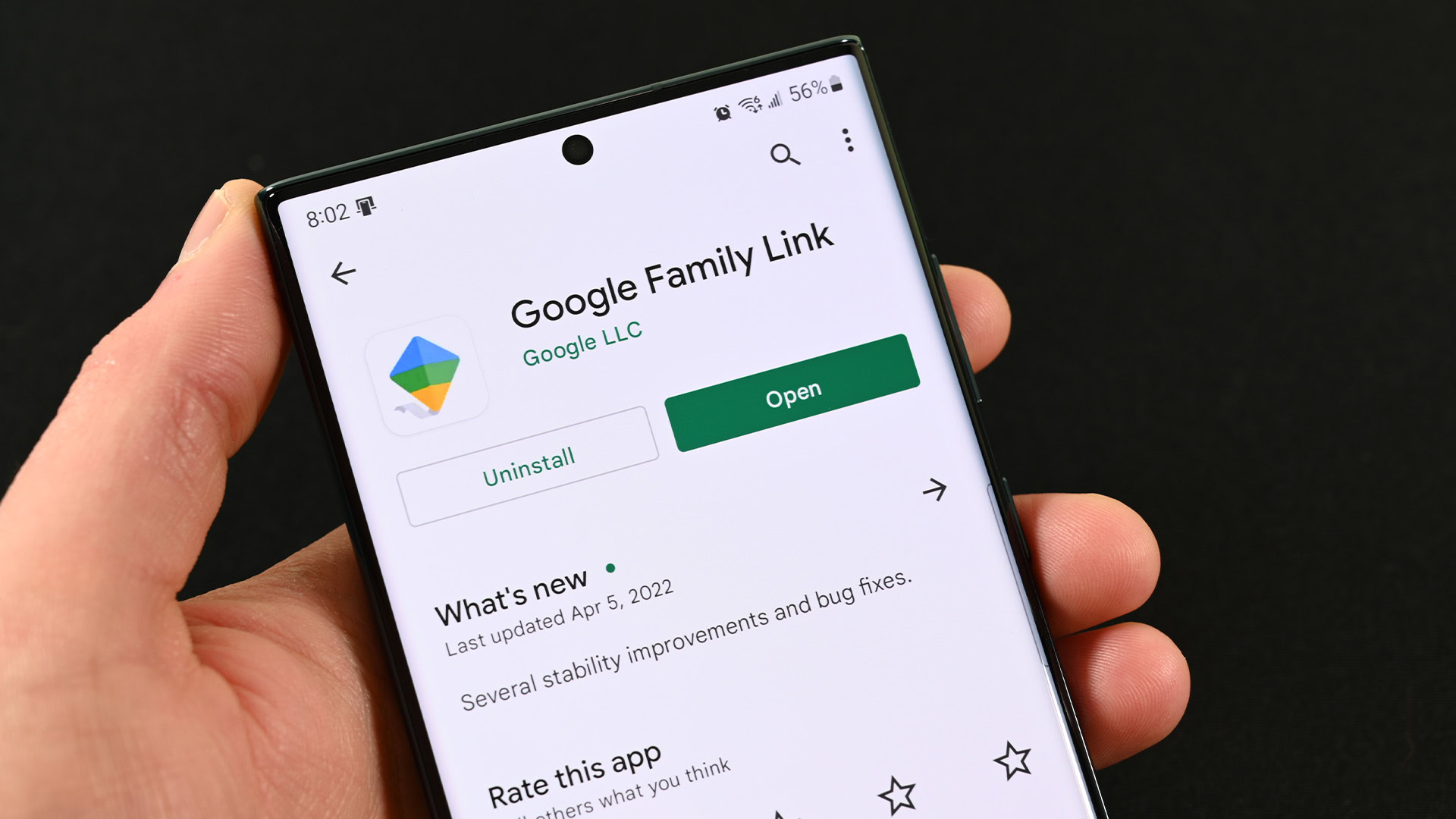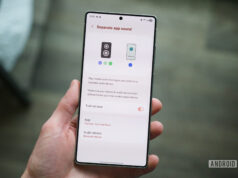Ryan Haines / Android Authority
Kids are exposed to phones and tablets at a pretty early age. Many parents will hand over their phones and put on a game for their toddlers when waiting in line, for example. There are even tablets out there made with kids in mind like the Amazon Fire Kids Edition. Of course, tablets are bulkier and often are a Wi-Fi-only experience. This might have you wondering at what age should you get a kid a phone of their own?
There’s no universal age that’s perfect for all kids but in this guide, we provide practical advice before you take the plunge.
At what age do most kids get their first phone?
The general rule of thumb used to be you shouldn’t buy a phone until your kid is a teen. This has changed considerably in recent years.
While the median age for a first phone will range from country to country, according to Common Sense Media, about 42 percent of kids have a phone by age 10. By age 12 it’s closer to 71 percent. By the time they reach high school, that figure balloons up to about 91 percent. Still, it’s fair to say the majority of 10-12 have a phone.
But is my kid ready for a phone?

Just because other parents feel their kids need a phone, doesn’t mean it’s right for you. Ask yourself the following questions:
- How often does your child lose things?
- How well does your child take care of electronics and other gadgets already?
- How well does your child do when it comes to setting limits on screen time?
For example, my daughter was always (mostly) great at taking care of her tablet and other gizmos. While she’ll temporarily misplace them around the house, she’d never lose them elsewhere, even when I’d let her take them to her friends or other places. My son? Kind of the opposite. He would lose everything, drop gadgets hard, and even to this day I have to often pull him off electronics if he overstays his limits.
Considering their behavioral differences, I let my daughter have her own phone pretty close to age ten, though I didn’t actually get her to a real data connection until about a year into ownership. Now at age fourteen, she’s doing great with her second phone, a Galaxy S22.
As for my ten-year-old son? He has an old phone that we use as a mini-tablet (no data connection) that he has to ask permission to use. He also shares this device with his younger brother. The good news is this training wheels phase has worked well and he’s become more responsible and caring for electronics. He’s also gotten much better at limiting screen time, though we still have some work to do. He knows these are sticking points and until he improves, he won’t get a phone of his own, especially one with an active data connection.
Based on my own experience, I think it’s wise to pick up a tablet or older phone that doesn’t have a SIM card before handing them a real phone with a data connection. Be sure to set clear rules and limits on what they can and can’t do. Then monitor how well they handle this responsibility. If they’ve proven themselves reliable and you can see how they might benefit from more than just a Wi-Fi-only device, sure you might want to consider getting a phone.
What do kids really need a phone for in the first place?

Ryan Haines / Android Authority
Even if your kid is responsible, I highly recommend talking to your kid before buying a phone. Ask why they want one in the first place. Is it to fit in? Is it to stay in touch with friends? For gaming? Or maybe they are gone a lot for after-school activities and want a better way to get ahold of you. It could even be about safety. For example, a phone could provide peace of mind if your kid bikes to school or takes public transportation.
The answers to these questions may very well help you decide the right approach.
For example, let’s say your kid just wants to game and stay in touch with friends. Reasonable requests, within limits. Of course, a tablet could easily fill those requirements, and yet they are bigger and harder to lose or sneak out of the house. All major social media apps, games, and services will work on a tablet just fine. Another option is to follow my lead and use an aging phone as a sort of mini-tablet.
What if your kid is involved in a lot of after-school activities, stays late at friends regularly, or if you co-parent with another person? In those situations, a phone could make a lot of sense if you feel your child is responsible.
Still, that doesn’t mean they need a cellular-enabled phone of their own. It’s also possible you’d be better off with a spare phone that has a cellular connection that you can give them when they’ll be away from you for extended periods. While at home? A tablet or Wi-Fi phone could be more than enough.
After a few years of responsible use, you might then consider buying your kid a phone that is officially their own or let them have the spare permanently.
What if they aren’t ready for a phone, but I want to keep track of them better?

Edgar Cervantes / Android Authority
If you have really young or just plain irresponsible kids that you share with another parent part-time or are gone a lot for activities, you may not care if your kid is ready or not. You just want a way to get ahold of them! In this case, you might want to consider a smartwatch for kids that has cellular capabilities. These devices will allow your kid to text you and talk to you, as well as their friends. Parental controls are baked into many of these options or can be added on like in the case of the Apple Watch SE.
A warning to parents of kids with ADHD
As someone with ADHD, I know how hard it can be to pull away from electronics. They provide an instant dopamine rush that ADHD brains crave hard. While only my youngest child is formally diagnosed right now, my other two kids likely have it as well. This makes it harder for us to shut off devices, and before we know it hours have passed. If your child has ADHD you’ll want to wait off and help them develop responsible coping mechanisms before you give in to their demands for a phone.
Decided to get a phone? Do these things first

Joe Hindy / Android Authority
If you’ve decided to get your kid their own phone, or even just a spare they can use in select situations, you’ll want to do a few things first:
- Set clear rules for screen time limits.
- Talk about Internet safety, online bullying, and other issues.
- Create an official agreement that they have to follow, or they’ll lose access.
Every parent’s rules will be different. For example, I have clear screen time limits and even my fourteen-year-old daughter has to “check in her phone” before bed. This rule developed because she was staying up too late and getting distracted. Other parents might have rules for letting them manually look through their pictures, texts, and other data at least once a week or so. I’ve known several people who’ve done this, though be aware your kid will likely just delete things you don’t want to see and that’s why we recommend good parental controls, as you’ll want to set up limitations so kids aren’t exposed to stuff that they aren’t ready for. Some parental control apps even restrict the ability to delete texts, so your kid can’t hide their tracks.
Once you’ve agreed to the terms and gone over the ground rules, you’ll want to start researching phones. Thankfully we have a comprehensive guide to the best phones for kids, which even covers advice on the type of phone (rugged, smart, feature, smartwatch) that is best for different use cases.








